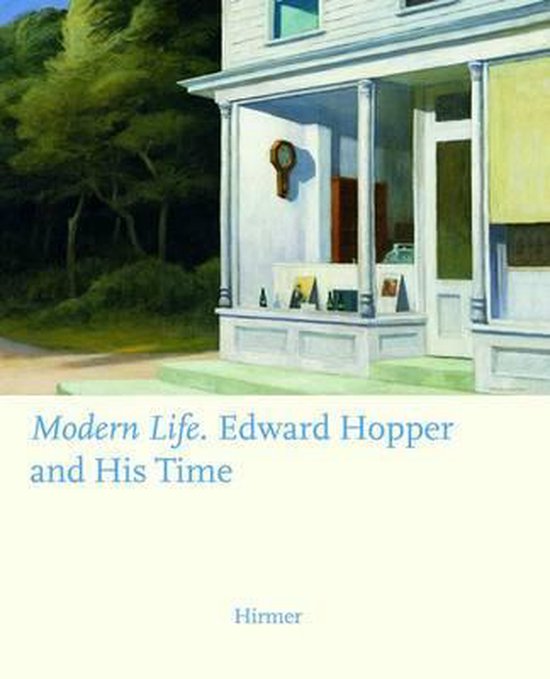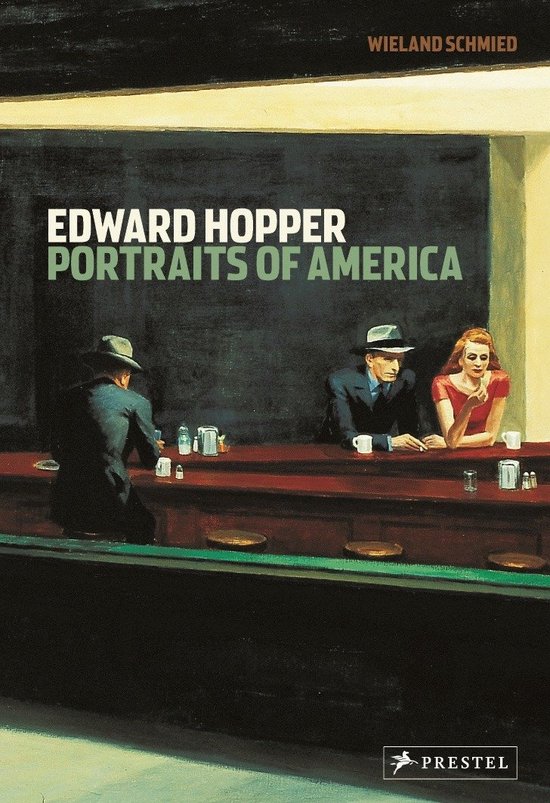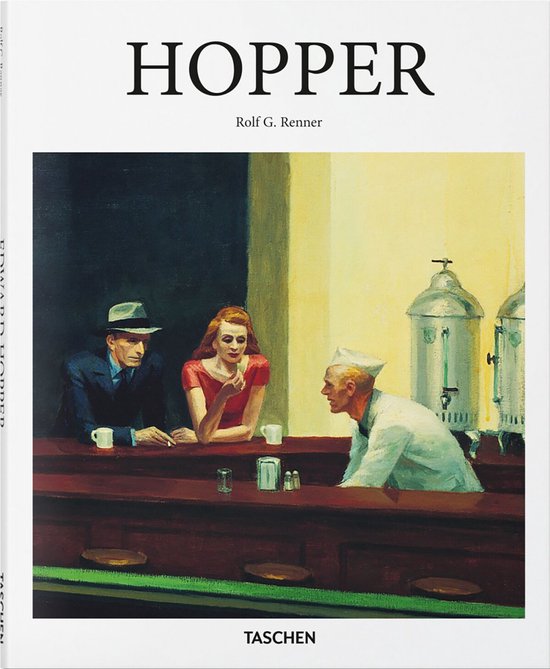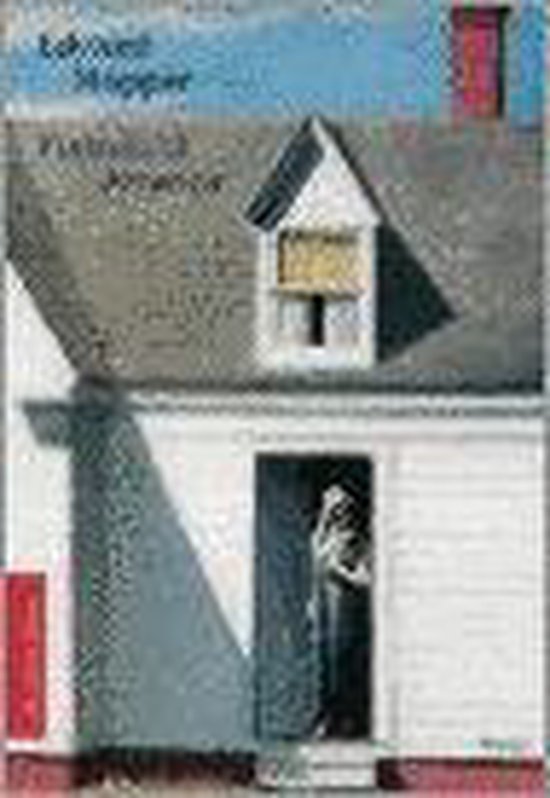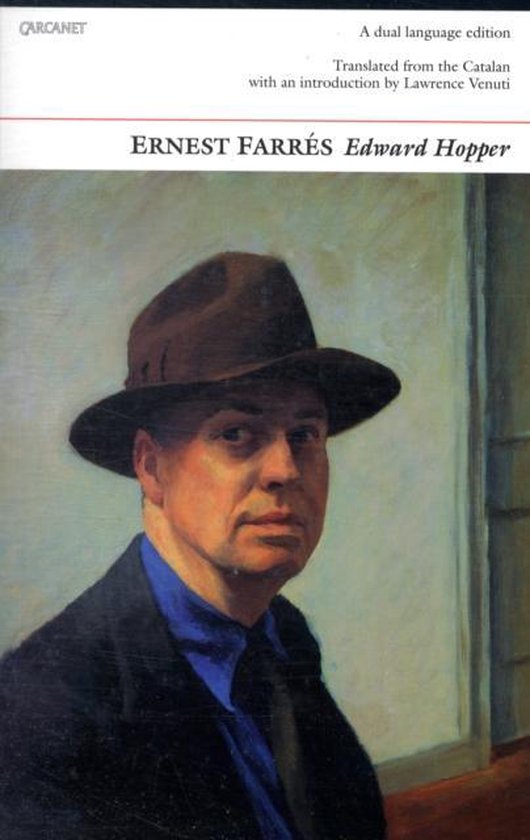
Edward Hopper
Includes poems that are based on a painting by the American artist.
Each poem in Catalan writer Ernest Farres' "Edward Hopper" is based on a painting by the American artist. Creating a narrative that follows a subject from small-town origins to big-city life, from youth to age, the story is Hopper's, yet it also belongs to Farres. The ventriloquist slips, revealing his larger concerns: Farres is using the paintings to tell a story of modernity. Lawrence Venuti's translations recreate the heterogeneous language of Farres' poetry in an American vernacular that samples Hopper's actual speech and writing. Farres' book becomes in English what it is for Catalan readers: remarkable in ambition, wit, and in its probing interpretations of the visual imagination.
Each poem in Catalan writer Ernest Farres' "Edward Hopper" is based on a painting by the American artist. Creating a narrative that follows a subject from small-town origins to big-city life, from youth to age, the story is Hopper's, yet it also belongs to Farres. The ventriloquist slips, revealing his larger concerns: Farres is using the paintings to tell a story of modernity. Lawrence Venuti's translations recreate the heterogeneous language of Farres' poetry in an American vernacular that samples Hopper's actual speech and writing. Farres' book becomes in English what it is for Catalan readers: remarkable in ambition, wit, and in its probing interpretations of the visual imagination.
| Auteur | | Ernest Farres |
| Taal | | Engels |
| Type | | Paperback |
| Categorie | | Poëzie, Bloemlezingen & Letterkunde |
